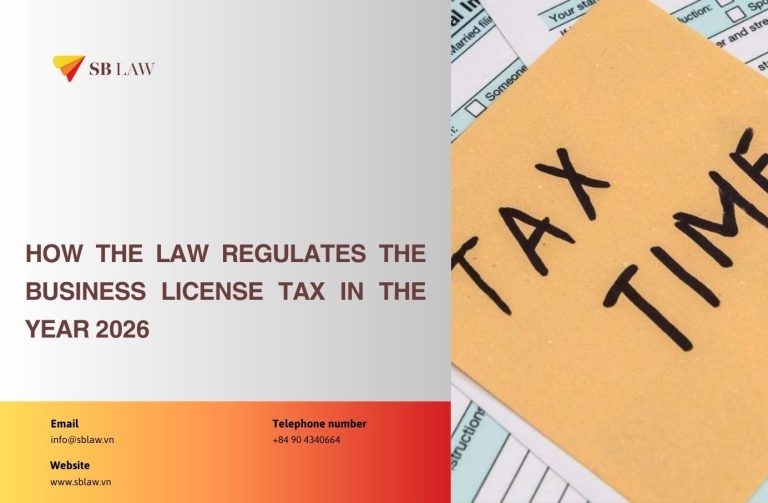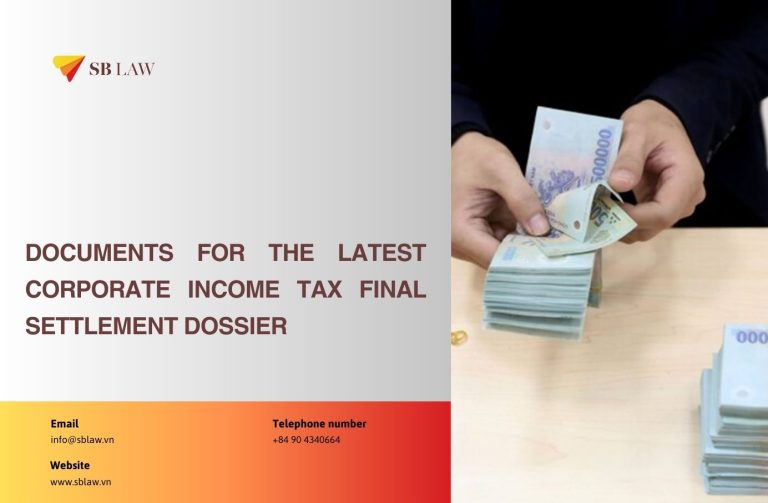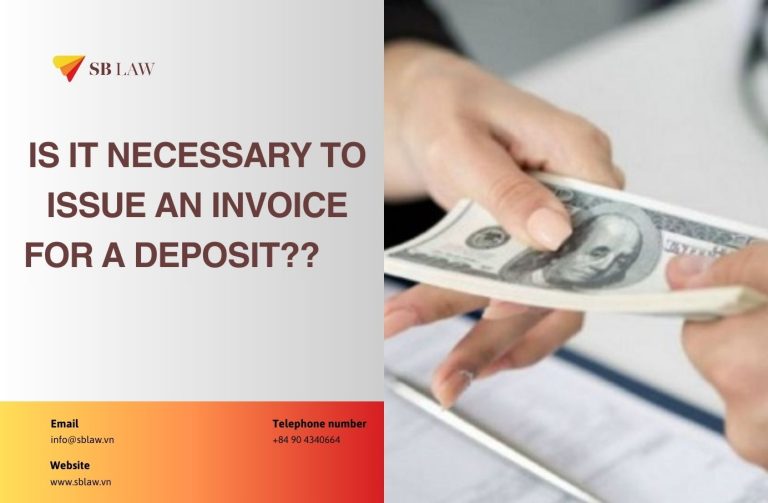In Vietnam, foreign enterprises have a valuable opportunity to expand their commercial footprint by establishing representative offices. This strategic avenue enables companies to explore the Vietnamese market without the burdens of significant initial investment or corporate income tax obligations. However, meticulous attention to the legal framework is imperative to ensure compliance and mitigate any potential risks.

Foreign Representative Offices in Vietnam: Legal Insights
Representative offices in Vietnam primarily function as conduits between the parent company and the local market, undertaking activities such as market surveys and serving as points of contact. They are expressly prohibited from engaging in profit-generating business operations. Despite this constraint, some entities may attempt to utilize their representative offices for functions that extend beyond their legal mandate.
Certain enterprises may regard their representative offices as cost centers, facilitating transactions with suppliers and overseeing manufacturing processes under OEM contracts. However, such activities may not align with Vietnamese legal statutes. Additionally, stringent regulations govern the size and expertise of the representative office workforce. The workforce must not exceed 10 individuals, and their skill sets must correspond with the office's designated functions.
In practical terms, obtaining work permits for foreign experts who do not possess skills commensurate with the representative office's defined functions can pose a significant challenge. These restrictions are designed to ensure that representative offices operate strictly within their authorized scope.
Moreover, it's not uncommon for representative offices to overlook essential accounting practices, such as the procurement of VAT invoices. While this may seem like a cost-saving measure in the short term, as the office avoids paying VAT on purchases from local suppliers, it can have detrimental long-term consequences. This oversight can create complications during the closure or resignation of the officeholder, as incomplete or inaccurate financial records may hinder the settlement of personal income tax obligations.
In summary, while representative offices present an attractive, cost-effective option for foreign companies seeking entry into the Vietnamese market, adherence to Vietnamese legal norms is indispensable. A comprehensive understanding of the permissible activities and limitations of representative offices is essential for navigating the regulatory landscape effectively and averting potential legal entanglements.
It is strongly advised that foreign enterprises seek the guidance of reputable and experienced law firms in Vietnam to obtain tailored advice and support before embarking on business expansion endeavors in this dynamic market.
Read more >> Doing Business in Viet Nam




